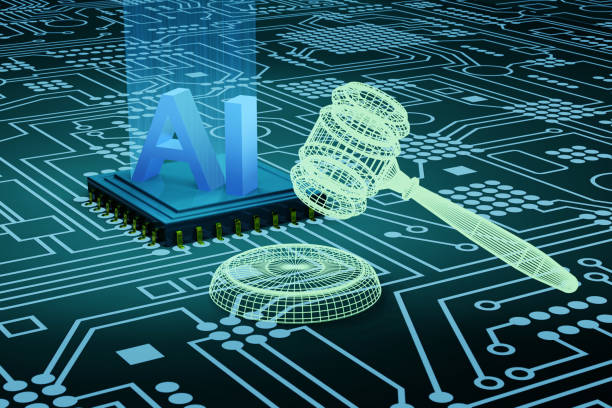Financial data security has never been more important, as cybercriminals continuously develop new ways to exploit vulnerabilities in the processes of private company financial reporting. Data breaches can lead to severe financial losses, reputational damage, and regulatory penalties. As organizations navigate this evolving landscape, artificial intelligence (AI) is proving to be an invaluable asset in securing sensitive information.
AI-Powered Authentication and Access Control
One major cybersecurity challenge is unauthorized access to financial records. Many breaches occur due to stolen credentials, weak passwords, or phishing attacks that trick employees into revealing login information. AI-powered authentication systems can detect unusual login patterns, enforce multi-factor authentication, and even use biometric data such as facial recognition or fingerprint scans to ensure only authorized users gain access to critical systems.
Machine learning algorithms analyze user behavior over time, identifying anomalies that could indicate a security breach. For instance, if an employee logs in from an unfamiliar device or location, AI can trigger additional authentication steps or automatically block access until further verification is completed. This proactive approach helps prevent unauthorized access before it becomes a serious threat.
AI-Driven Phishing Prevention
AI also plays a crucial role in preventing phishing attempts, one of the most common cyber threats. By analyzing the structure and content of emails, AI-driven filters can identify and remove fraudulent messages before they reach employees. Natural language processing (NLP) techniques enable AI to detect subtle differences in phishing emails, such as variations in sender addresses, suspicious language patterns, or embedded malicious links.
Furthermore, AI-driven training programs can simulate phishing attacks to educate employees on recognizing and avoiding potential scams. By continuously learning from new phishing attempts, AI-enhanced security measures become more effective over time, reducing the likelihood of successful attacks and minimizing human error, which remains a leading cause of data breaches.
Enhancing Data Encryption and Compliance Monitoring
Another area where AI enhances security is encryption. Financial data needs strong encryption while being stored and transmitted to prevent unauthorized access. AI-driven systems monitor encryption protocols for weaknesses and apply updates to keep data secure. These systems can automatically adjust encryption levels based on risk assessments, ensuring optimal security without compromising system performance.
AI also helps businesses comply with stringent financial regulations by continuously monitoring data access, transactions, and compliance requirements. Automated compliance checks and real-time audits allow organizations to identify potential vulnerabilities and take corrective action before regulatory violations occur. This not only enhances security but also helps businesses avoid hefty fines and legal consequences.
Real-Time Threat Detection and Incident Response
One of the most significant advantages of AI in cybersecurity is its ability to detect and respond to threats in real time. Traditional security measures often rely on predefined rules, which can become outdated as cyber threats evolve. AI-powered security systems use machine learning models to analyze network traffic, detect anomalies, and identify potential breaches before they escalate.
For example, AI can monitor financial transactions for signs of fraud, flagging suspicious activities such as unauthorized fund transfers or account takeovers. AI-driven security operations centers (SOCs) can automate threat detection, prioritize incidents based on severity, and initiate immediate response actions, reducing the time it takes to neutralize cyberattacks.
The Future of AI in Financial Data Protection
Cybersecurity threats continue to evolve, but AI-driven solutions offer businesses a way to stay ahead of attackers. By incorporating AI into their security strategies, companies can better protect their financial data, detect threats before they escalate, and build a more resilient cybersecurity framework.
As AI technology advances, its role in financial data protection will expand even further. Predictive analytics, quantum encryption, and autonomous AI security agents are just a few of the innovations that will shape the future of cybersecurity. Businesses that embrace AI-driven security measures today will be better positioned to mitigate risks and maintain trust in an increasingly digital financial landscape.




































